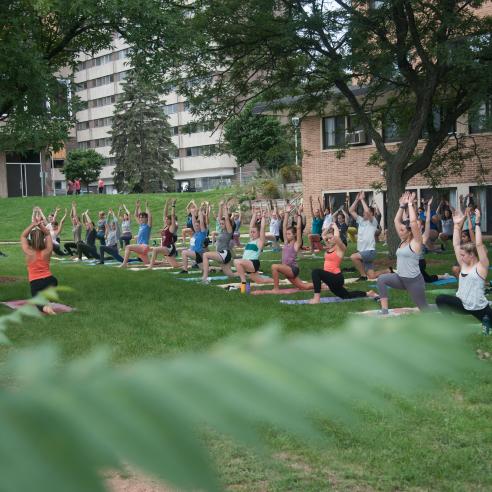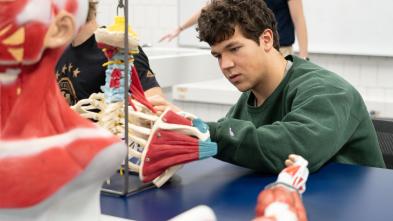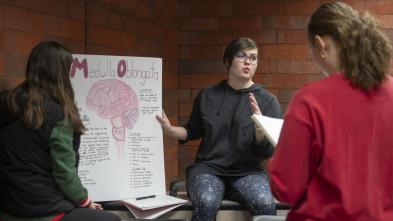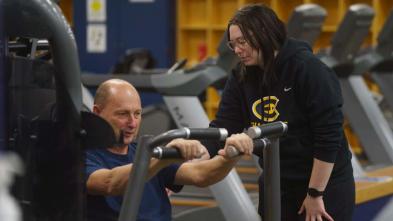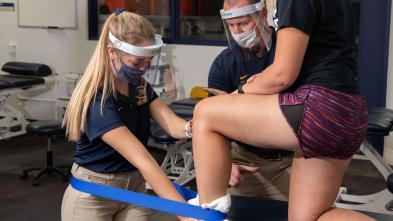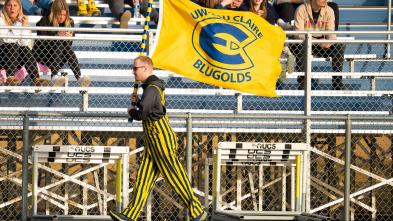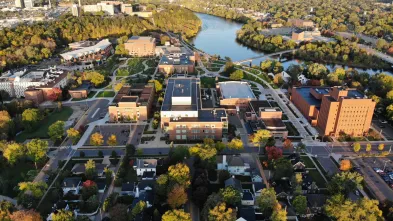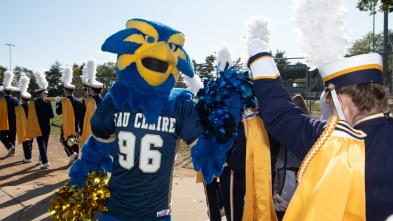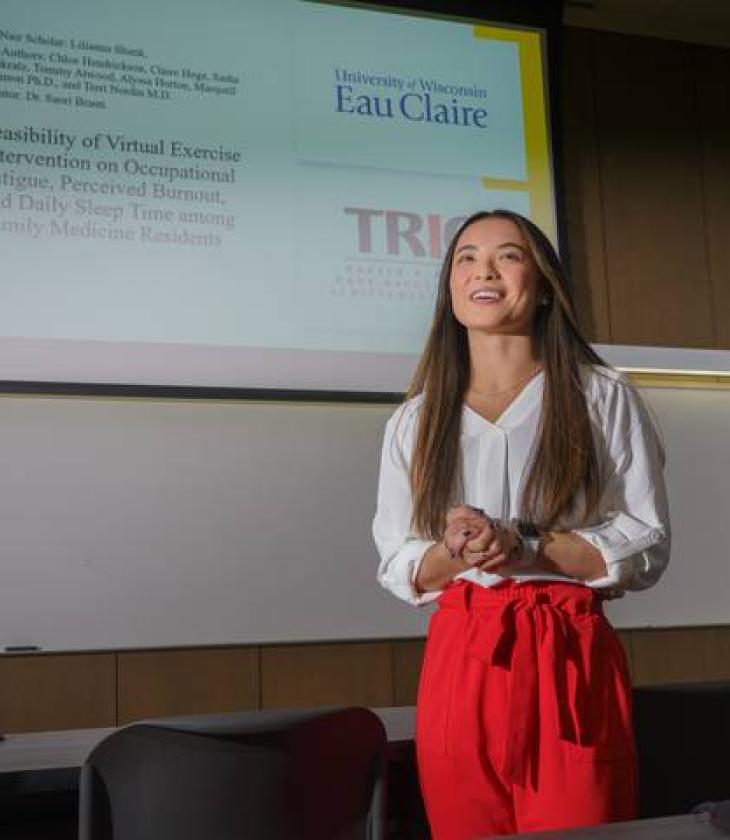
Pre-Occupational Therapy
Occupational therapy is a rapidly growing field that aims to improve patients' everyday lives, and you can begin your education today.
Specialized support is available to pre-occupational therapy students through the Health Careers Center.
Change Lives
We offer a rigorous curriculum paired with exciting learning opportunities that will prepare you well for a career in occupational therapy.
As an occupational therapist, you'll work with children and adults who have physical, cognitive or emotional disabilities that interfere with their ability to function independently and engage in daily activities. Blending scientific knowledge of the human body and mind with an understanding of the numerous individual, social, and environmental challenges associated with disability, you'll help find ways for your clients to lead happier, easier, and healthier lives.
Pre-occupational therapy is not a major at UW-Eau Claire, but rather a declaration of your intention to continue your education and enroll in an occupational therapy graduate program. No specific undergraduate major is required for a career in occupational therapy, but many UWEC students choose to major in rehabilitation science, exercise science, or psychology with a minor in kinesiology.
In order to become an occupational therapist, you must earn a master's degree (MOT) or a clinical doctorate (OTD) in occupational therapy. Pre-occupational therapy students are supported by exceptional advisors and faculty members, including the Health Careers Center who stays current on pre-OT requirements and trends in the occupational therapy school application process and will help you understand what it takes to develop a competitive application.
Program Details
Blugold Stories
Justthe
facts

Where can the pre-occupational therapy program lead me after graduation?
After earning your undergraduate degree from UWEC, your next step toward becoming an occupational therapist is earning your master's degree in occupational therapy (MOT) or a clinical doctorate (OTD) in occupational therapy. After completing your master's degree or clinical doctorate, you will be eligible to take the National Board for Certification in Occupational Therapy (NBCOT) exam and become a licensed occupational therapist in the state where you choose to practice.
What can I do with an MOT or OTD?
As a licensed occupational therapist, you'll be a critical member of a comprehensive treatment and health care team. You will frequently consult with physicians, physical and speech therapists, nurses, social workers, psychologists, vocational counselors, teachers, other allied health specialists and family members on how to best help your patients.
Courses you can expect as a pre -occupational therapy student include, general chemistry, anatomy and physiology, sociology, and psychology. These courses prepare students for entrance into their chosen occupational therapy school. This includes completion of all prerequisite courses, observation or work experience and competitive overall and science GPAs. Students are also prepared to take the Graduate Record Exam (GRE), which is required for admission to some occupational therapy programs.
Requirements vary by program and students should connect with their advisor and access pre health advising information early and often. Visit the Health Careers Center for a more detailed guide on pre-occupational therapy advising.
Get More Info
Sign up to receive additional information about our campus.




